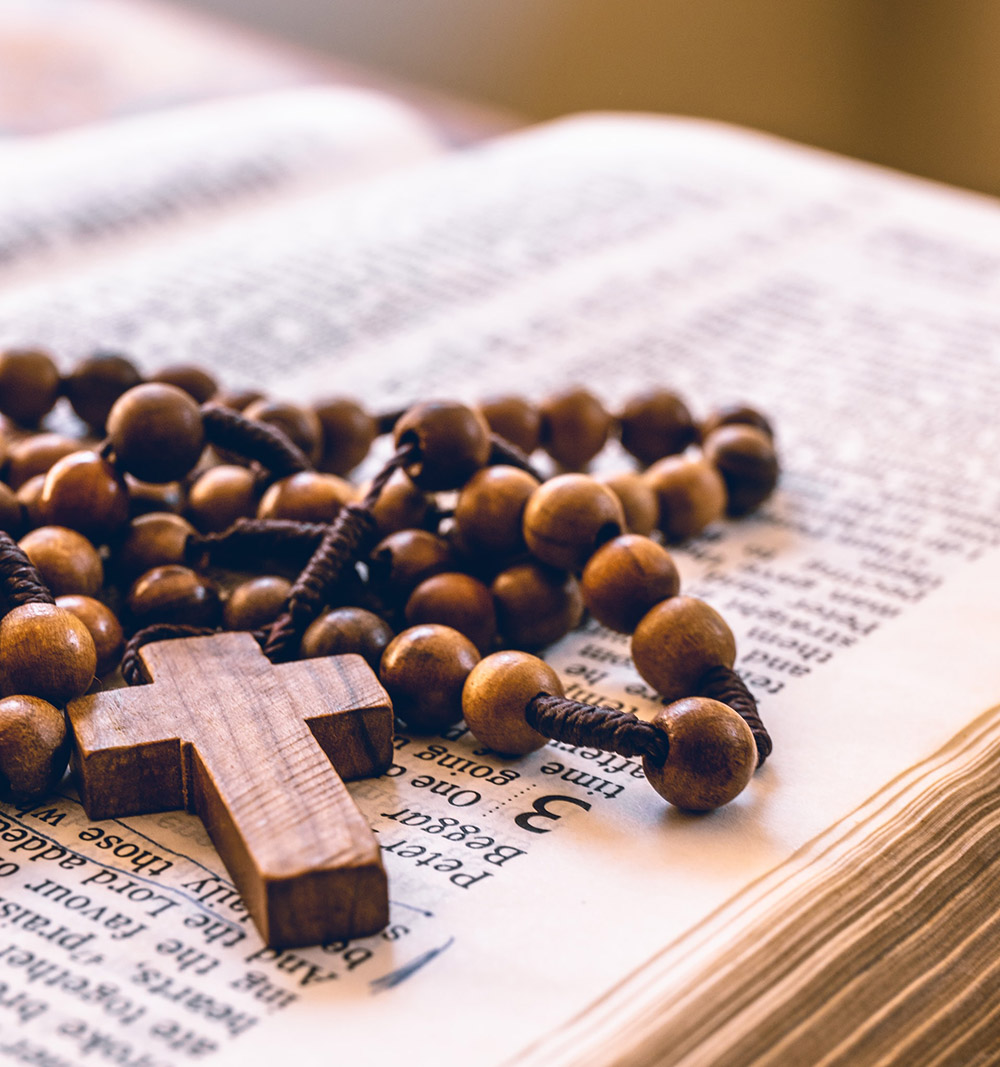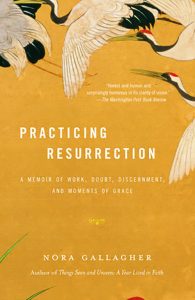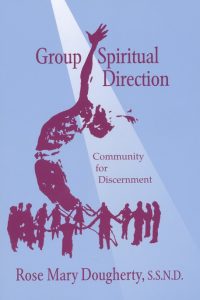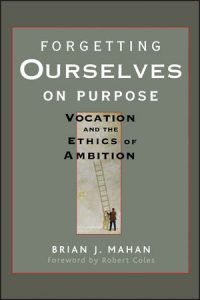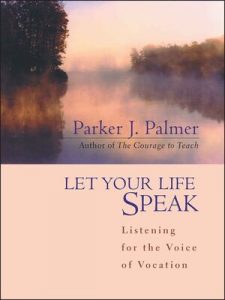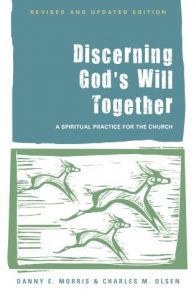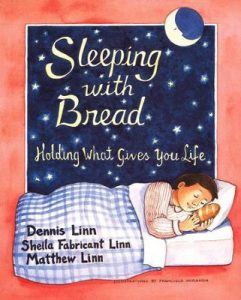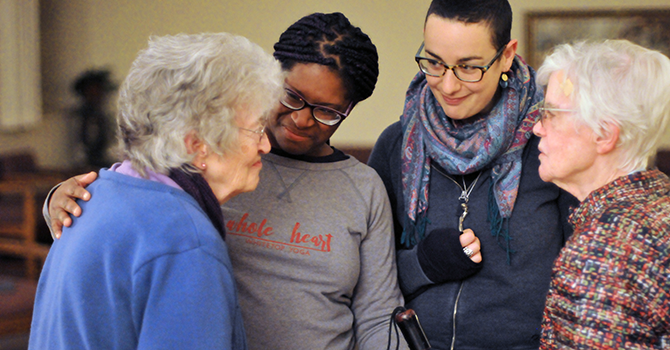Prayer
As we look for what to do,
May the strong hand of God be upon our shoulder
guiding, admonishing,
and the wisdom of all eyes be our sight.
May the courage of the martyrs be our inspiration,
pushing us beyond our fear, beyond mere wanting.
May our foolishness for Christ shame worldling wisdom.
May our ears gather up the voice of the Spirit.
May we not take ourselves so seriously
that we neglect to nurture joy in our being together.
Neither may we find cause to fear laying out our hearts.
Root deception out of us.
Convert appetite for power
to hunger for justice.
May our ears gather up the voice of the Spirit.
Amen.
— Lani Wright, Cottage Grove, Oregon


